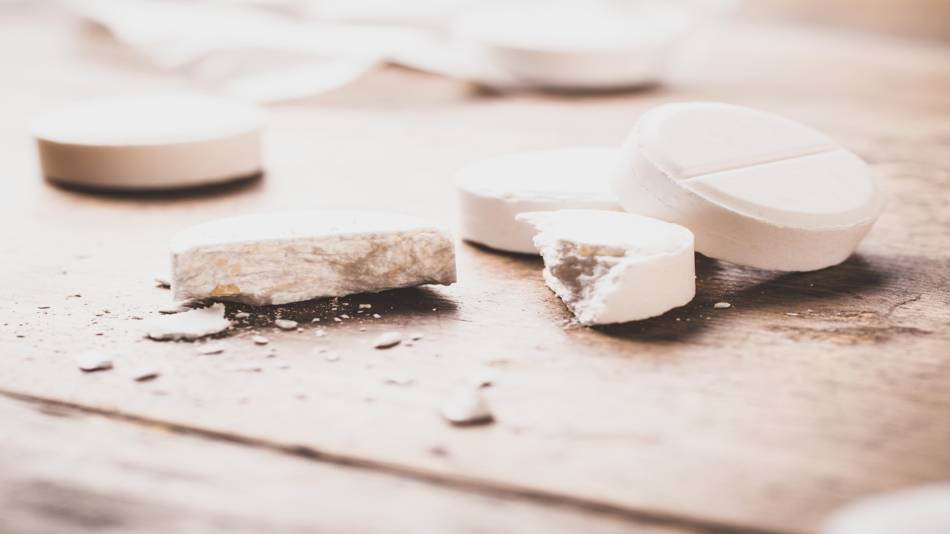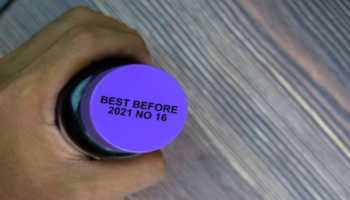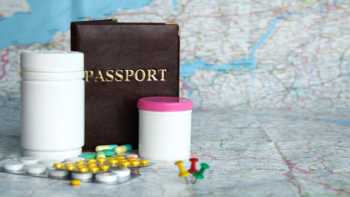Our Members Asked:
Tablets I purchased are becoming "crumbly" after a few weeks and are easy to break. Is there a problem with this supplement?

Answer:
Some ingredients in supplements are hygroscopic, that is, they attract water. If sold as uncoated tablets and exposed to humidity, the tablets may become soft, crumbly, and fall apart. Examples of such supplements include L-arginine, chondroitin, and mushroom powders. This also occurs with minerals in a chloride or hydrochloride form, such as magnesium hydrochloride.
If a tablet made with one of these ingredients becomes soft, it does not necessarily mean the ingredient is inactive, but it may be harder to swallow. You can avoid this problem by purchasing these ingredients in capsules or caplets rather than tablets, or in formulations which microencapsulate the ingredient. If you purchase a tablet, keep it out of humidity and keep a desiccant packet in the closed bottle. If a desiccant packet is not included with the product, you can add some dry rice — this absorbs water and is the reason rice is often put in shakers of salt (which is sodium chloride). Although the air in a refrigerator is low in humidity, refrigeration is not recommended with these types of pills because once you open the bottle outside the refrigerator, humid air can condense on the cold inner wall of the container and, thus, damage the tablets.
Keep these pills away from other pills (including softgels) and don't put them in a daily pill container, because the water they absorb can cause disintegration of nearby pills and prematurely activate enzymes and probiotics.
It is wise to keep most supplements, including other forms of magnesium, out of humidity, although they can be stored with other pills.
Join today to unlock all member benefits including full access to all CL Answers and over 1,400 reviews.
Join NowAlready a member? Sign In Here.
Join now at www.consumerlab.com/join/








Submit your comment
This feature is restricted to active members.
Join now to add comments and get all member benefits, including over 1,400 reviews.
Join NowAlready a member? Sign in here.